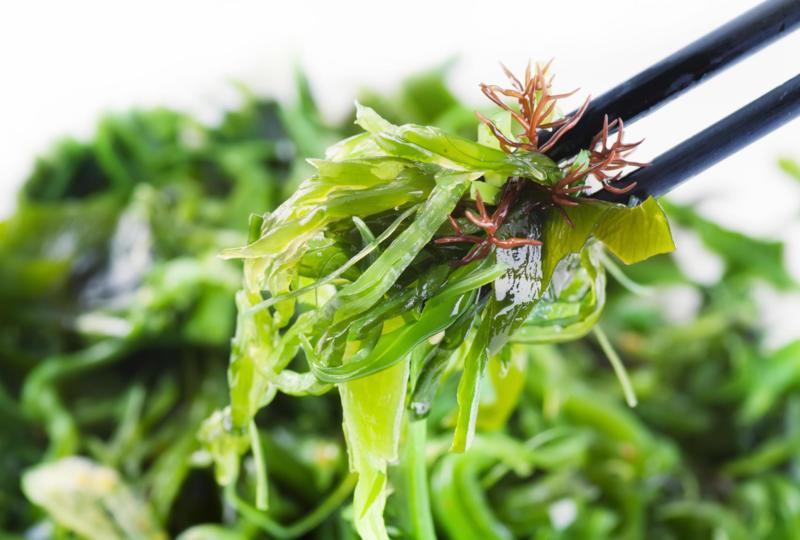12 Foods You Should Eat Every Day
Kelp--the hype is real
Embrace your inner mermaid and eat kelp every day. Kelp is a form of seaweed found in underwater kelp forests in the ocean. Kelp is eaten often in numerous Asian countries including China and Japan.
Kelp is considered a superfood because of its high nutritional value. Kelp is particularly high in B vitamins, which are essential for providing energy to the body. B vitamins also promote healthy skin and nails, help regulate the body’s response to stress, improve mood, prevent memory loss, and keep the immune system and nervous system working properly.
Kelp also contains vitamin E, an antioxidant that protects against damage caused by free radicals. It is believed that antioxidants like vitamin E can help prevent heart disease, stroke, cancer, cataracts, and signs of aging.
Kelp also contains vitamin C, which improves overall health, keeps the immune system strong, reduces the risk of stroke, supports healthy skin, reduces the effects of aging on the skin, and helps the body heal. Vitamin C is also an antioxidant.
Kelp is full of beneficial minerals including magnesium, calcium, and boron. Magnesium regulates heartrate and blood pressure and helps keep the bones healthy and strong. Calcium is essential for bone health.
Boron not only plays a role in bone health, but also speeds wound healing, regulates hormone levels, increases the body’s absorption of magnesium, helps the body use vitamin D, lowers inflammation, maintains cognitive function, and helps protect against oxidative stress. Oxidative stress occurs when the body lacks sufficient antioxidants to fight against damaging free radicals. Oxidative stress contributes to aging and increases the risk of developing cancer, diabetes, heart disease, high blood pressure, neurodegenerative diseases like Alzheimer’s and Parkinson’s, and a host of inflammatory conditions.
It’s impossible to completely avoid free radicals; the human body naturally produces some free radicals just by functioning normally. Some of us are exposed to excess free radicals through pollution from pesticides, cigarette smoke, certain cleaning products, ozone, radiation, and air pollution. Diets high in fat and sugar, and excessive alcohol consumption, have also been linked to free radicals. Although it’s impossible to totally eliminate free radicals, eating antioxidant-rich foods like kelp can help counter the damaging effects of free radicals.
Kelp is a great source of iodine, which helps maintain thyroid health. The chlorophyll in kelp and other plants is a plentiful source of antioxidants, amino acids, and other essential nutrients.
Ditch the boring iceberg lettuce and mix things up with a delicious and nutritious kelp salad. Soak the dry kelp in cold water for five to ten minutes until it has just the right amount of crunch. Mix up some fresh, homemade dressing using sesame oil, soy sauce, ginger, and rice vinegar for some added flavor. After draining the kelp, mix it with the dressing and a handful of sesame seeds and/or scallions, and voila! A fresh kelp salad is the perfect way to reap the bountiful health benefits kelp provides.



